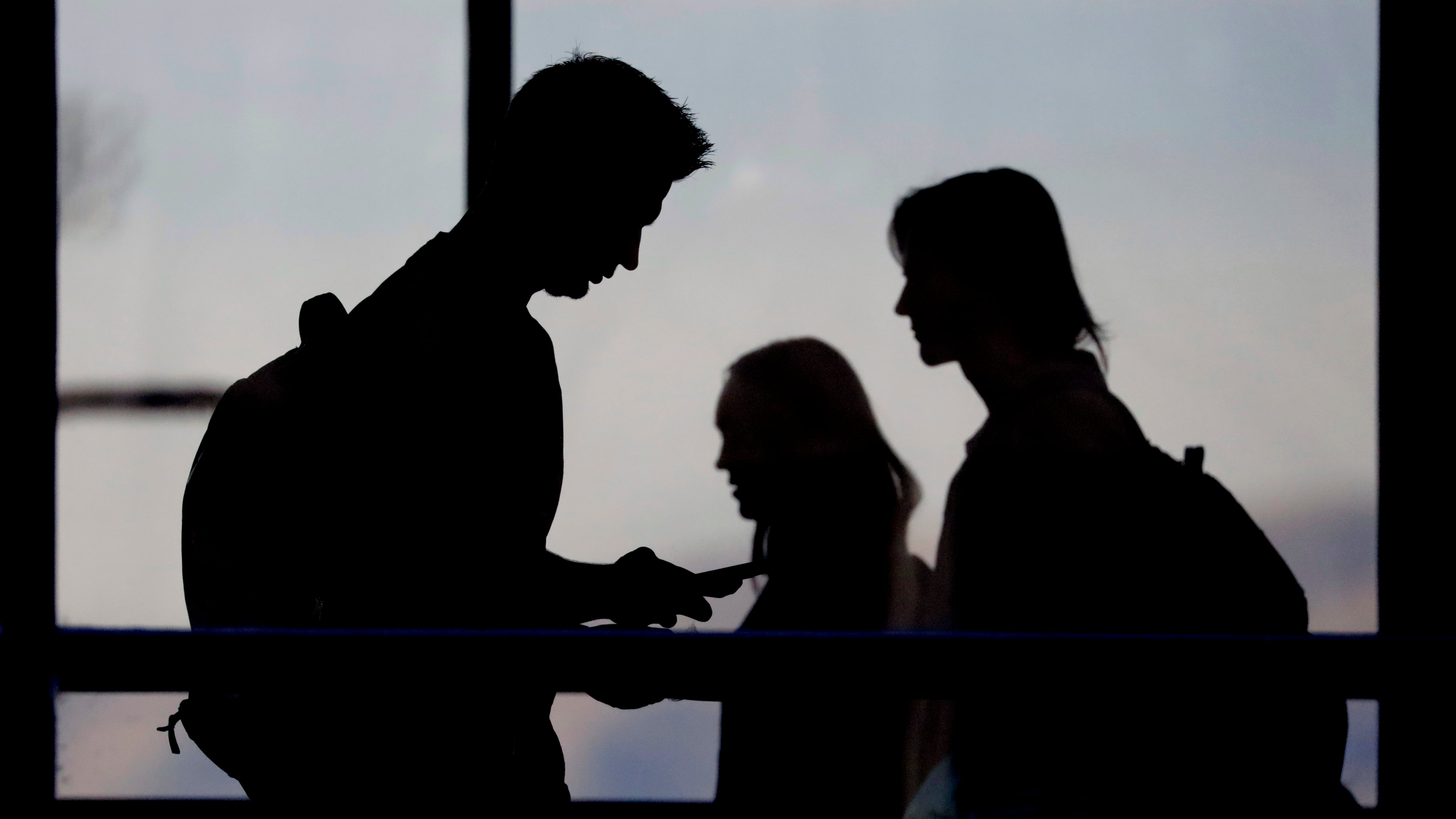In the aftermath of Donald Trump’s election as president, a wave of racist messages were sent to Black individuals from at least 30 states across the nation, calling recipients “slaves” and directing them to “pick cotton” at plantations. The texts included specific details of the individual, such as their full name or address, causing fear among the recipients.
Some Latine individuals received anonymous messages threatening them with deportation, although the majority of victims were Black individuals. Targeted individuals included college and university students, high school kids and children, with USC students having reported receiving the messages as well.
“We have become aware that students across the country have been receiving hateful texts, including students at USC,” the university said in a statement. “We are so sorry they are going through this and know that law enforcement at all levels have been informed. We are referring our students to the Office for Equity, Equal Opportunity, and Title IX, which is reaching out to them to offer support.”
Since the start of the messages, the FBI has launched investigations into the anonymous senders of these texts. Some messages were traced back to apps such as TextNow, causing the company to deactivate the anonymous accounts.
“They’re [the text messages] actually atrocious,” Rawan Hassabelrasoul, a senior studying business administration, said. “Especially after people are already disheartened by the election results. That is disgusting.”
The emotional toll has left many Black students feeling a mix of anger, shock and exhaustion. Some initially thought the messages were a joke, and others quickly became fearful upon the realization that their name, address and racial identity were known by a random perpetrator.
“Everyone was just really crushed and worried, because obviously, the person who’s the least safe in this nation is the Black man and woman,” Hassabelrasoul said.
Some said the hateful texts raised concerns for the future of the country, potentially foreshadowing more hate crimes to come. Many expressed concerns for the future of their communities, citing the country’s deep roots in systemic racism.
Tinsae Yimer, a communications student at USC, said the news initially surprised her.
“But I think with the way that things are going, it kind of makes sense,” she said.
Yimer said Trump’s victory has led some of his supporters to feel emboldened, resulting in inappropriate and harmful behavior. She recounted instances where people left disturbing comments such as “your body, my choice” or “we own your body” on the social media posts of Black individuals.
Sydney White, a junior studying film and TV production, said fighting back against racist people is difficult.
“As a Black person, and as a Black woman, you get kind of numb to racism,” she said.
Nycoi Jones, an environmental studies major, said he doesn’t even know how to feel anymore about the ongoing racism in the country.
“It’s kind of upsetting, but it is difficult to know how to feel because…I can’t show anger, or it’s going to be labeled a certain way, just [because] I am Black,” Jones said.
Jones said he hopes that the United States won’t revert to some of its dark chapters of history.
Vanessa Gomez Brake, Associate Dean of the Office of Spiritual and Religious Life (ORSL), encourages students to take care of themselves.
“Go easy on yourself,” Brake said. “If you don’t feel like going to class, don’t go. Follow your instincts; you know how to take care of yourself.”
Resources on the USC campus
MindfulSC, an on-campus mindfulness group, provides support with activities like ‘Scroll and Stroll,’ a nature-based journaling experience that helps students manage emotions.
The First Generation Success Center Supervisor (FG+SC) has specific programming with the USC Gould Immigrant Legal Assistance Center (ILAC) to help undocumented/DACA students with free, confidential consultations, legal assistance and more. FG+SC additionally has a variety of events with the Undocumented Trojan Student Assembly (UTSA) for students.
“We will continue to connect with the undocumented/DACA community and find ways to collaborate with others. At this time, it is critical to protect and defend the rights of undocumented students,” said Elisa Garcia, the supervisor of the First Generation Success Center.
USC offers a range of resources for students seeking mental health support, including counseling and therapy available during drop-in hours at La Casa, Asian Pacific American Student Services (APASS), LGBTQ+ Center, Center for Black Cultural and Student Affairs (CBCSA), First Generation Plus Success Center, and the Office of Religious and Spiritual Life (ORSL). For more information on specific counselors, visit studenthealth.usc.edu.
Other resources include Trojans Care for Trojans (TC4T), an anonymous reporting for concerns about peers and the USC Report and Response Form to report incidents of hate and other incidents. The Department of Public Safety (DPS) is available for emergencies (213) 740-4321 (UPC) and (323) 442-1200 (HSC), and for non-emergencies at (213) 740-600 (UPC) and (323) 442-1000 (HSC).
For more mental health resources, visit USC’s support page.
